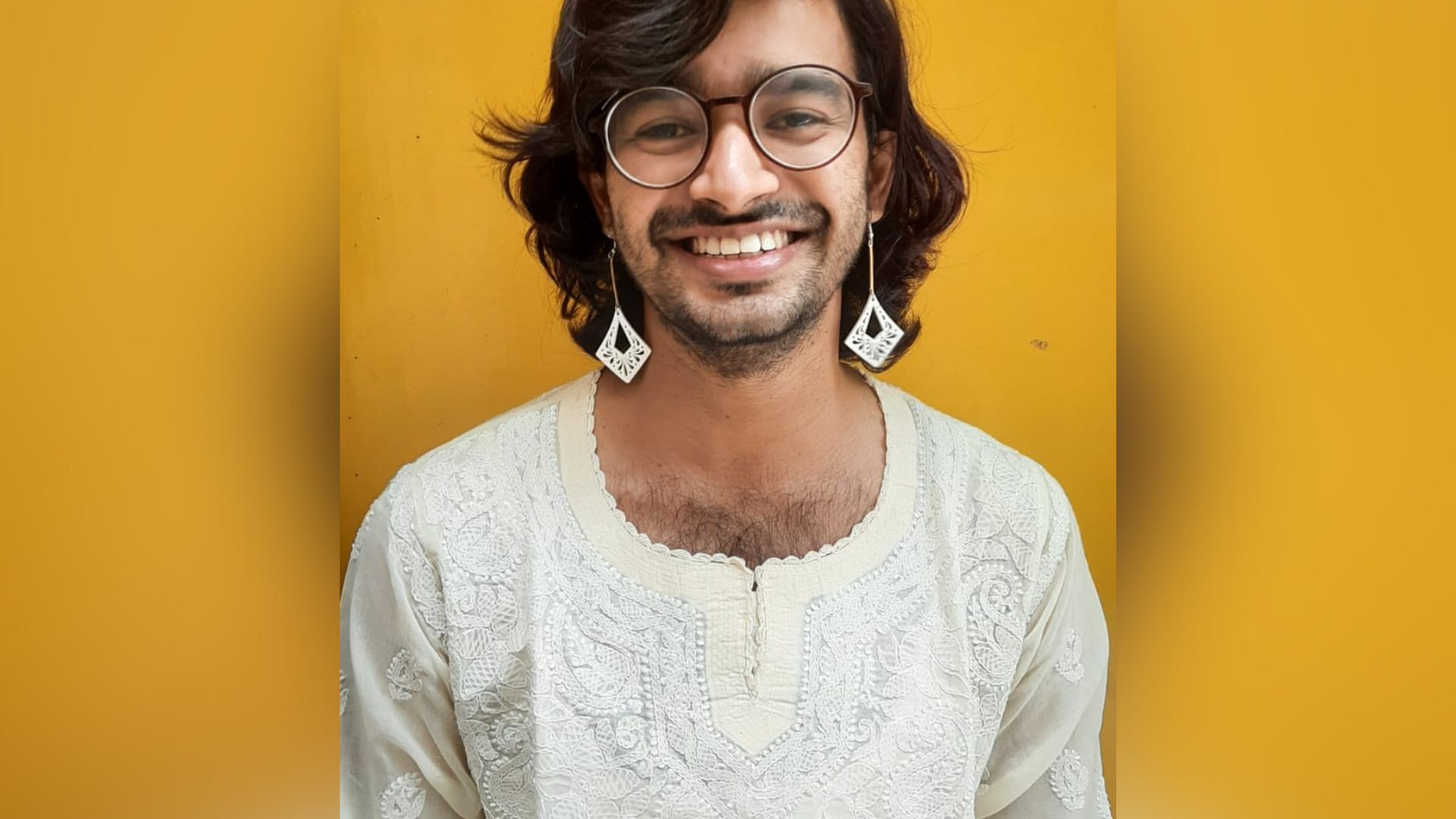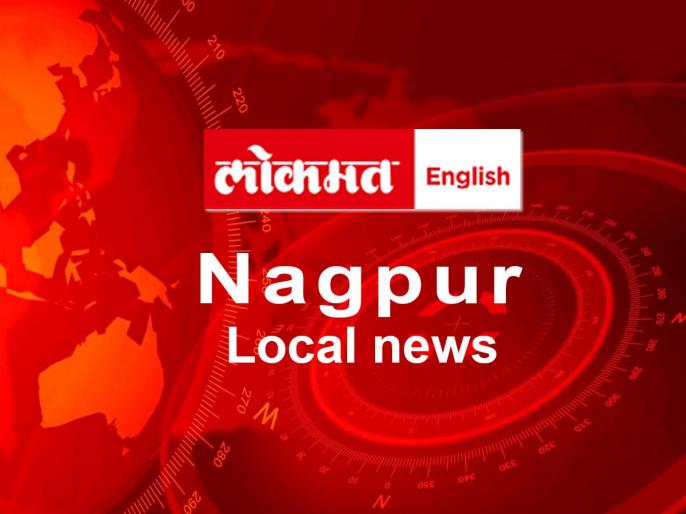We are moving towards the end of the third pride month during the pandemic, yet we have lost the opportunity to raise the issue of LGBTQ people right to healthcare. India’s unequal and under-resourced healthcare system severely affects marginalised communities. In this context, discussion on LGBTQ healthcare access is crucial. Apart from facing blatant discrimination and prejudice by healthcare providers, India’s queer community is also vulnerable to mistreatment, misdiagnosis, and overcharging.
The Census (2011) estimates that around 4.87 lakh people in India identify as transgender. But the larger LGBTQ+ population might be even higher in India. Multiple small-scale studies have shown that health indicators for queer population continue to remain poor.
ADVERTISEMENT
CONTINUE READING BELOW
COVID-19 and the transgender community
The COVID-19 crisis devasted the life and livelihoods of marginalised communities. The problems faced by the Transgender community during COVID-19 are a reflection of multiple levels of challenges faced by them in accessing healthcare. Despite Government’s claims to ‘empower’ the transgender community through various provisions under The Transgender Persons (Protection of Rights) Bill, 2019, data showed only 6940 transgenders received direct benefits transfer and ration from the government agencies. This help covers less than 1% of the estimated transgender population estimated in the census, which is certainly not enough for a community whose livelihoods were destroyed overnight due to lockdown.
The government’s flagship solution to improve healthcare among the poor and marginalised has been Ayushman Bharat –Pradhan Mantri Jan AarogyaYojana (AB-PMJAY), which provides a cover of up to Rs. 5 lakhs per family per year for secondary and tertiary care hospitalisation. But AB-PMJAY remains inaccessible to most poor LGBTQ people due to the requirement of documents to access the scheme. The recent addition of gender reaffirmation surgery, hormonal therapies, and laser ablation surgery in AB-PMJAY is a laudable step by the government but the scheme will remain inaccessible to most transgender people due to its structural barriers as the data on DBT and ration shows. Many in the community lack even basic documents to apply for such schemes which include Aadhar Card, Voter ID and address proofs. Less than 2% transgenders stay at ‘home’, a study by the National Human Rights Commission (NHRC) showed.
The need for Universal Healthcare
The obvious focus on LGBTQ+ communities to access HIV treatment and gender reaffirmation treatments is immediately needed. But this shouldn’t divert from the aim of truly universal healthcare for the queer community. Apart from STDs & HIV, LGBTQ communities are highly vulnerable to health threats such as violence, infectious diseases, accidents, and pandemic. Most transgender people earn less than Rs 15000 per month and that makes them vulnerable to medical debt, further hindering access to healthcare. The NHRC study showed that 57% of transgender persons have a desire to get sex-realignment surgery but cannot due to lack of income. As the private healthcare sector provides more than 55% of in-patient care currently, it is imperative to regulate their rates so the transgender community cannot just access hormone therapies and sex reaffirmation surgeries but also treatments for cancer care, infectious diseases and others. The AB-PMJAY scheme needs to be expanded and lack of documentation shouldn’t be the barrier to accessing government health schemes.
Apart from financial barriers, LGBTQ people face several cultural and social barriers to accessing healthcare. These issues cannot be addressed at the structural level without anti-discrimination frameworks and grievance redressal mechanisms in Indian healthcare. These would not just help the transgender community but all the marginalised communities seeking healthcare. Mechanisms such as NHRC’s Patients’ rights charter can be proven to be instrumental in achieving this. This comprehensive document provides several useful rights and complaint mechanisms to patients such as the right to fight discrimination and mistreatment in healthcare. Active engagement with medical communities and larger people’s movements fighting for universal healthcare is hence essential for this.
In the age of data-driven policy making, even basic numbers and health indicators for the LGBTQ community remain absent. Special effort needs to take for making data available for the transgender communities and LGBTQIA+ communities. Currently, the census only offers the option to choose ‘other’ for people who don’t fit the traditional ideas of gender binaries. The country’s biggest population survey needs to reflect the realities of sexual and gender diversity in India.
ADVERTISEMENT
CONTINUE READING BELOW
Similarly, National Family Health Survey (NFHS) – India’s biggest dataset on health indicators completely excludes gender minorities. This shows why we may not have the basic indicators such as life expectancy, anaemia, malnutrition, and social health determinant indicators for queer communities. The same is the story with Unified District Information System for Education (UDISE), which tracks school education indicators and Periodic Labour Force Surveys (PLFS), which assess labour and employment data. The exclusion of the transgender community from these key datasets doesn’t just result in bad policy-making but leads to several questions on the authenticity of these datasets themselves in putting out the real picture of the marginalised community’s health in India.
The members of the community can avail the of health care only when they have access to it and are provided with spaces that do not curb them to express their gender and sexuality. So, the effort to imagine and create inclusive health care spaces for LGBTQIA+ would mean addressing both the question of discrimination as well as exclusion.
Baatein Unlocked aims to unlock and open conversations on diverse issues related to youth and their sexual and reproductive health and rights and establish safe spaces for young people to come together to talk about issues that are often hushed and considered taboo.
Also Read | Women at greater risk of stroke if they had miscarriages or stillbirths
Related
Latest Stories
Discovered on: 2022-06-25 13:50:00
Source: LGBTQ healthcare access must move beyond STDs, realignment surgeries



